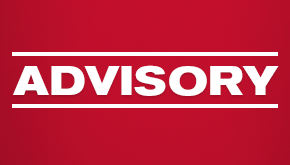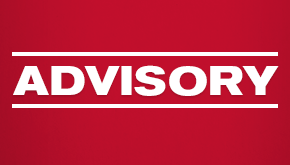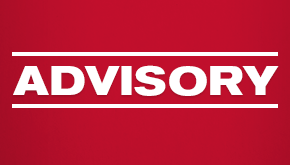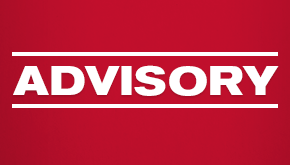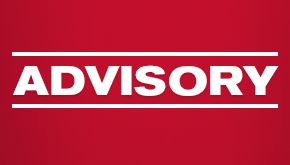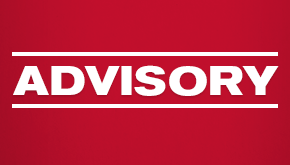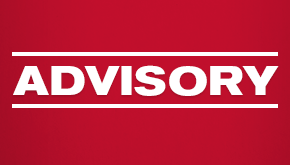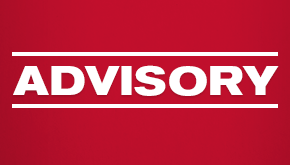Illinois Raises State Minimum Wage, Effective Jan. 1, 2020
On Feb. 19, 2019, Illinois Gov. J.B. Pritzker signed into law SB1, known as the “Lifting Up Illinois Working Families Act.” The new law will increase the Illinois state minimum wage, currently $8.25 per hour, to $15 per hour by 2025. The Illinois minimum wage already exceeds the federal minimum wage. Under the new law, Illinois minimum wage rates will increase in a series of seven adjustments beginning on Jan. 1, 2020. No immediate increase is required. However, Illinois employers should begin preparing to comply to avoid future budget complications.
The new law draws a distinction in the minimum wage rate between regular workers and young workers, who are under age 18 and work fewer than 650 hours during any calendar year. The regular and young worker minimum wage increases are as follows:
Effective Date |
Regular Minimum Wage |
Young Worker Minimum Wage |
Jan. 1, 2020 |
$9.25 |
$8.00 |
July 1, 2020 |
$10.00 |
$8.00 |
Jan. 1, 2021 |
$11.00 |
$8.50 |
Jan. 1, 2022 |
$12.00 |
$9.25 |
Jan. 1, 2023 |
$13.00 |
$10.50 |
Jan. 1, 2024 |
$14.00 |
$12.00 |
Jan. 1, 2025 |
$15.00 |
$13.00 |
Tipped employees in Illinois currently must receive a minimum cash wage of at least 60 percent of the regular minimum wage, which is unchanged under the new law.
Other key components of the law are:
- Tax credits: Most small employers with 50 or fewer employees will be able to claim a tax credit corresponding to 25 percent of the increased cost of wages paid from Jan. 1, 2020, through Dec. 31, 2020. This tax credit reduces to 21 percent of the increased cost of wages in 2021; 17 percent in 2022; 13 percent in 2023; 9 percent in 2024; and 5 percent in 2025. In 2026, employers with more than five employees can claim a 5 percent credit. In 2027, only employers with five or fewer employees can claim the 5 percent credit. The credits will be phased out after 2027.
- Enforcement: The new law imposes harsher penalties on employers who fail to pay the required minimum wage. Employees are entitled to treble the amount of corresponding underpayments as damages, in addition to court costs and attorney’s fees, and an additional amount of 5 percent per month as long as underpayments remain unpaid. The law also imposes a fine of $1,500 for employers who recklessly, willfully or repeatedly disregard the wage requirements, and a $100 per employee fine against any employer who did not keep proper payroll records.
While, again, the new law does not require any immediate action, Illinois employers should prepare to comply and consult counsel regarding any questions, particularly in light of the harsher penalties imposed for noncompliance.


